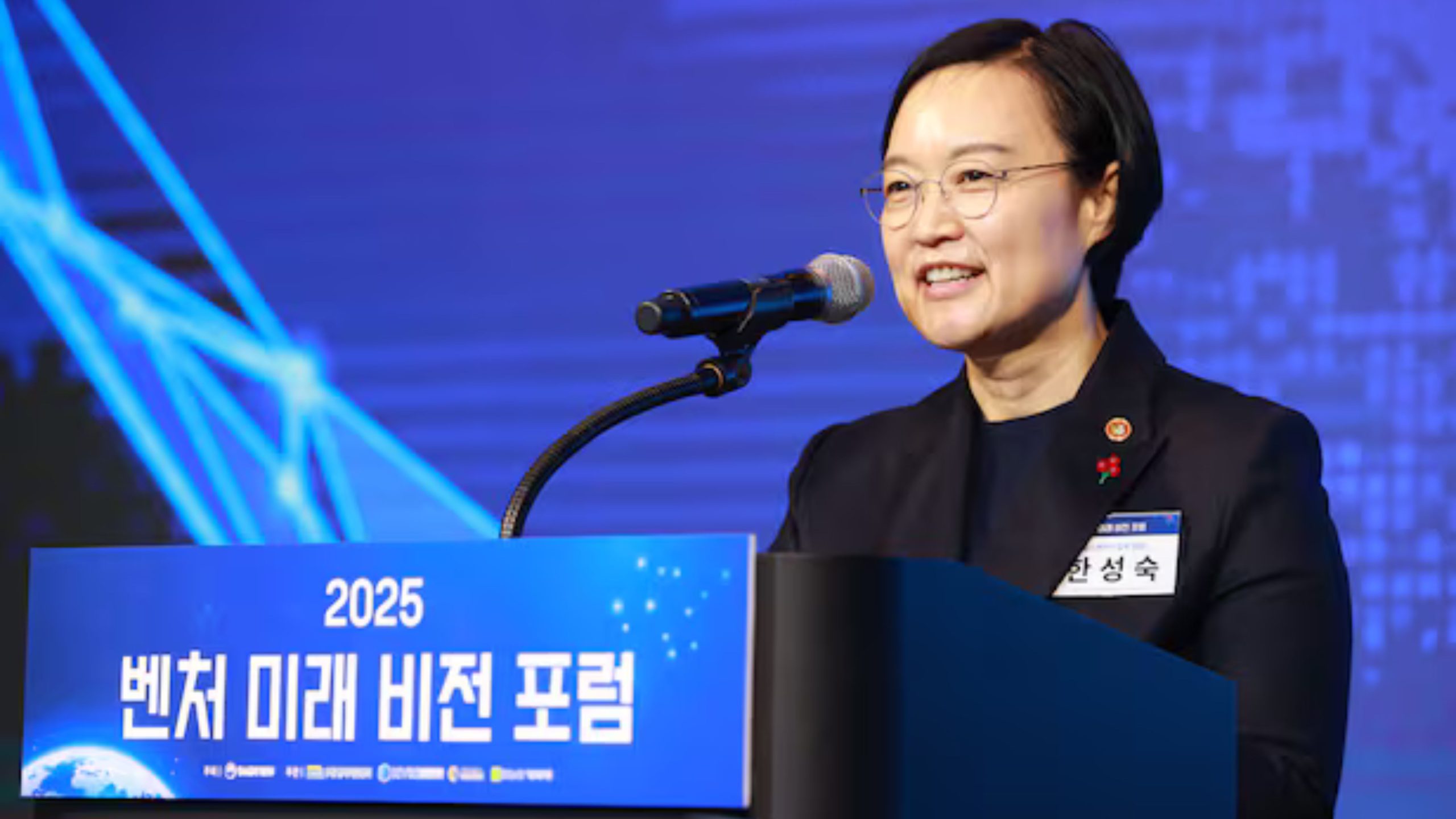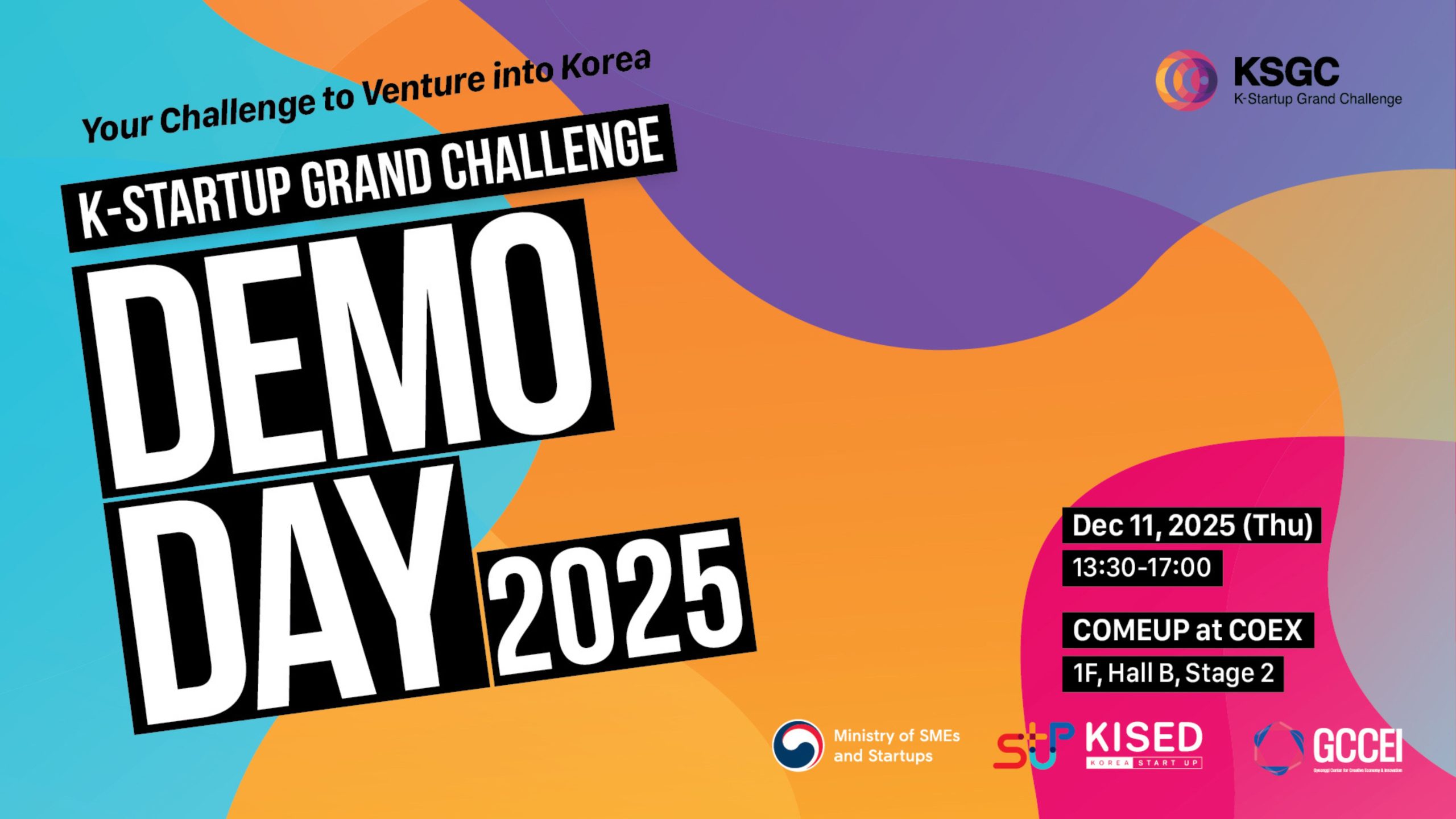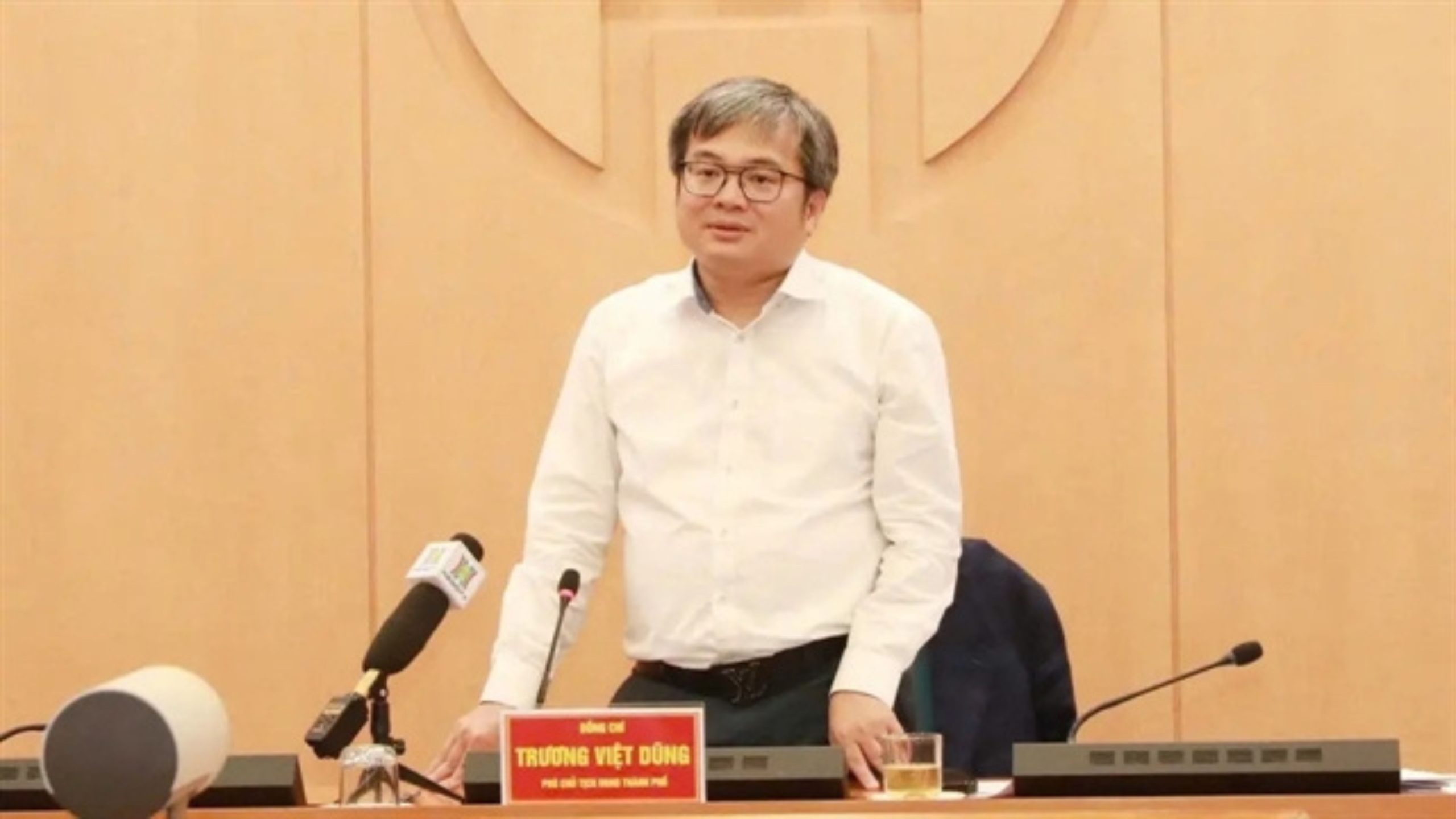AsiaTechDaily – Asia's Leading Tech and Startup Media Platform

South Korea Bets Big on Startups and AI with $12.3 Billion 2026 Budget
From venture funds to AI adoption, Seoul’s strategic investments aim to cement its role as a global innovation hub
South Korea’s Ministry of SMEs and Startups has proposed a 2026 budget of 16.84 trillion won (US$12.3 billion), representing a 1.6 trillion won (US$1.17 billion) increase over this year. The plan, to be submitted to the National Assembly on September 3, reflects a deliberate effort by the government to strengthen the country’s startup ecosystem and accelerate technological innovation.
The budget highlights five key priorities: positioning South Korea as a global leader in startups and ventures, promoting collaborative growth, supporting small businesses facing economic challenges, strengthening regional corporate ecosystems, and driving digital and AI transformation. Larger investments in entrepreneurship, biotech, deep tech, and AI signal the government’s long-term commitment to building a competitive and innovation-ready ecosystem.
Venture Investments Take Center Stage
A large portion of the proposed budget focuses on boosting venture capital. The country’s main fund-of-funds will receive 1.1 trillion won (US$803 million), with half dedicated to AI and deep tech projects. In parallel, the government is introducing a 1.3 trillion won (US$949 million) “re-challenge fund” to support entrepreneurs whose previous ventures failed, backed by 800 billion won (US$584 million) in public funding.
Secondary and M&A funds will also be expanded to enable investors to exit and recycle capital, increasing liquidity in the startup ecosystem. Kim Bong-duk, venture policy director at the ministry, noted that combined support across multiple government departments could exceed 2 trillion won.
By channeling funds into AI and deep tech while supporting “second-chance” entrepreneurs, the government is addressing two critical bottlenecks in startup growth—access to growth capital and resilience against failure. This approach encourages risk-taking while maintaining structured support, a key factor in sustainable innovation.
Record R&D Spending to Drive Technology Adoption
Research and development is slated to reach a record 2.2 trillion won (US$1.61 billion), aimed at accelerating public-private commercialization and integrating AI in manufacturing. This strategic investment is expected to provide startups with not just funding but also access to expertise, infrastructure, and industrial networks, helping them scale from prototypes to market-ready solutions.
South Korea’s emphasis on direct government involvement in R&D differentiates it from markets relying predominantly on private venture capital. By complementing private funding, the state can guide startups toward technologies with strategic economic impact, particularly in AI, biotech, and industrial digitalization.
Programs to Scale Startups Globally
Beyond funding, the government is expanding programs designed to help startups go global. Initiatives like the “Unicorn Bridge” and the expanded “Super Gap Startup Project” provide structured pathways for companies to transition from early-stage development to international markets. Additional measures support export-oriented businesses and help promising tech firms navigate regulatory frameworks, market entry, and operational scaling abroad.
This staged support system has shown a more mature ecosystem approach, recognizing that capital alone cannot guarantee growth. By providing operational guidance alongside financial resources, the government is creating a bridge for startups to compete internationally, particularly in competitive markets like Southeast Asia, Europe, and North America.
Long-Term Strategy in a Volatile Market
South Korea’s decade-long escalation in startup funding demonstrates strategic, long-term planning rather than short-term policy cycles. From a $3.7 billion allocation over three years in 2014 to over $12 billion annually today, the government has maintained a consistent trajectory, insulating its startup ecosystem from global VC fluctuations.
The country’s startup base, which includes more than 15,000 companies, and Seoul’s venture capital market of $8.95 billion in 2024, provide a strong foundation for continued growth.
Conclusion: Cementing South Korea’s Innovation Leadership
South Korea’s proposed 2026 budget underscores a holistic approach to ecosystem building—combining record funding, strategic sector focus, structured global programs, and support for second-chance entrepreneurs. By pairing capital with operational guidance and technological adoption, the government is equipping startups to thrive domestically and internationally.
For investors, founders, and global tech observers, the message is clear: South Korea is not only scaling up its financial support but also ensuring startups have the tools, networks, and know-how to succeed, reinforcing the country’s position as a major player in the global innovation economy.



